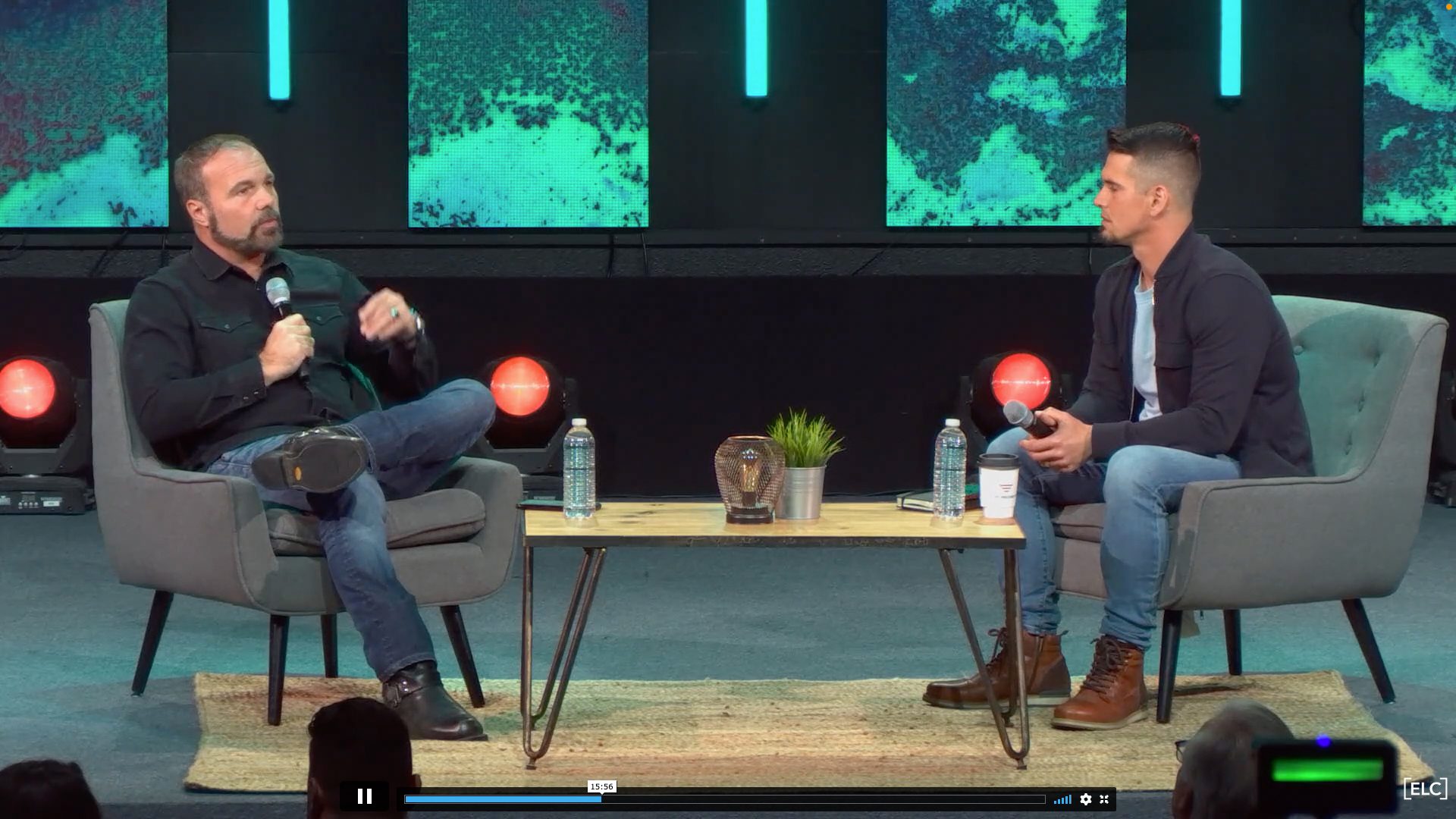(RNS) — In 2019, pastor Rick Warren told a reporter why Saddleback Church — one of the most dynamic megachurches worldwide — didn’t use nondisclosure agreements: “We believe that our competition is not other churches, but rather the world, the flesh, and the devil.”
Warren’s comment hints at the original purpose of NDAs: to prevent employees of businesses from taking trade secrets to competitors — an Apple employee from taking the latest phone update to their new Microsoft gig.
Warren, by contrast, was apparently happy for Saddleback staffers to take their wisdom elsewhere, since all churches are playing for Team Jesus.
Saddleback’s new lead pastor may be less inclined to take such an open-handed approach.
RELATED: Saddleback elders say no ‘pattern of abuse’ found in investigation of new pastor
In recent months, allegations of unhealthy leadership patterns have been lodged against Andy Wood, the new senior pastor at Saddleback and former senior pastor at Echo Church, a multisite congregation in San Jose, California. In response, Saddleback hired an executive search firm to investigate the claims and found “no systemic or pattern of abuse under Andy’s leadership.”
But critics say if former Echo employees were allowed to talk freely, patterns would emerge. More than 1,100 people have signed a petition asking that Echo release former employees from their NDAs, lest unhealthy patterns go unchecked or resurface in a new church.

Mark Driscoll, left, formerly of Mars Hill Church, is interviewed by Pastor Andy Wood at Echo Church leadership conference. Video screen grab from conference
Are there legitimate reasons for churches to use NDAs? Echo recently defended its use among staff and volunteers: to protect its database, passwords and private information. A spokesperson noted that some Echo termination agreements asked employees “not to disparage or slander the reputation of the church, its directors, pastors and staff, or any church members/attendees.”
Mutually binding, the agreements ostensibly ensured that both the church and employee “act in a Christ-like manner, avoiding gossip and destructive slandering that causes division, rather than unity.”
The rationale sounds spiritual enough. The Bible warns against people who speak badly about others who aren’t there to defend themselves. Gossipers spread “empty speech” and “whispers.” Slander is false speech about others.
But the Bible praises people who love the truth and desire it to be known in full. The Bible also places a high bar for spiritual leaders. In many large churches and organizations, NDAs have served to conceal the truth and to protect the image of top leaders, allowing them to continue harming others entrusted to their care.
Telling the truth, however negative, about someone else isn’t gossip or slander. In a former workplace of mine, several young staffers warned each other about a colleague who crossed boundaries in speech and behavior. He would linger in women’s offices, stare at their chests and ask inappropriate questions about their romantic lives. We told each other about him precisely because other leaders hadn’t addressed the behavioral patterns. He also later pleaded guilty for attempting to pay for sex with a minor. What’s written off as gossip is oftentimes meant to protect people who otherwise are disempowered to address the problem head-on.
Not every church or faith-based organization that uses NDAs has faced scandal. But of the groups that have faced scandal in recent years, NDAs were inevitably part of the mix. That’s true for Mars Hill Church, Harvest Bible Chapel, Hillsong Church, Hillsong College, Willow Creek Community Church, Acts 29, Ravi Zacharias International Ministries and Ramsey Solutions. In many of these instances, NDAs stemmed from cultures of intense loyalty and fear of leadership’s wrath. Employees felt they had no choice but to sign in order to receive compensation.

The main campus of Willow Creek Community Church in South Barrington, Illinois. Photo courtesy of Global Leadership Summit
Reliance on NDAs is entwined with the well-established phenomenon of celebrity pastors. When a church’s identity is enmeshed with that of its celebrity leader, the church will often go to great lengths to protect the leader’s image. In many of these cases, “gossip” is forbidden simply because of the leader’s fragile ego, as if the leader can’t bear the thought of anyone asking questions. Shouldn’t we promote leaders whose psyches can handle critique?
In research for my book, I spoke with a former employee of a Southern megachurch whose pastor has been criticized for lavish spending, prosperity theology and an authoritarian leadership style. The employee told me that once they joined, “there was an instant spirit of fear.” Staff were expected to stand whenever the pastor entered the room and once planned an event where the pastor came out on a red carpet to take photos with attendees.
But of course, the employee had signed an NDA. There was no way for her to directly warn staff or attendees of what went on behind closed doors.
RELATED: Matt Chandler, megachurch pastor and ACTS 29 leader, placed on leave
We have to face the fact that the existence of NDAs in Christian organizations is a worse witness for the church than any information that might come out in their absence. The concealment of truth and the appearance of image management are more damaging than the truth.
Clinical psychologist and abuse expert Diane Langberg once wrote, “NDAs protect systems rather than precious humans made in the image of our God.” There is no religious system, however impressive or “successful,” that’s worth the mistreatment of humans or the binding of their consciences to speak of what happened to them.
If there’s nothing to hide, then there’s nothing to fear.
(Katelyn Beaty is the author, most recently of “Celebrities for Jesus: How Personas, Platforms, and Profits Are Hurting the Church,” and co-host of the RNS podcast “Saved by the City.” The views expressed in this commentary do not necessarily reflect those of Religion News Service.)





